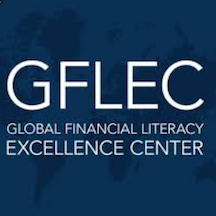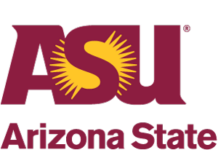 A new study by scholars at the Global Financial Literacy Excellence Center at the George Washington University School of Business and the TIAA Institute in New York finds that the financial well-being of African Americans lags that of the U.S. population as a whole, and Whites in particular. The reasons for this gap are complex, but one area of importance in addressing it is increased financial literacy. The authors define financial literacy as the “knowledge and understanding that enable sound financial decision making and effective management of personal finances.”
A new study by scholars at the Global Financial Literacy Excellence Center at the George Washington University School of Business and the TIAA Institute in New York finds that the financial well-being of African Americans lags that of the U.S. population as a whole, and Whites in particular. The reasons for this gap are complex, but one area of importance in addressing it is increased financial literacy. The authors define financial literacy as the “knowledge and understanding that enable sound financial decision making and effective management of personal finances.”
Using the TIAA Institute-GFLEC Personal Finance Index, the authors found that African Americans adults answered 38 percent of the P-Fin Index questions correctly, with only 28 percent answering over one-half of index questions correctly. For Whites, 55 percent of questions were answered correctly and 62 percent of White adults answered more than half of the questions correctly.
The report found that – as is the case for the population as a whole – financial literacy among African Americans is greater among men, older individuals, those with more formal education, and those with higher incomes. The authors state that “here is a strong link between financial literacy and financial wellness among African Americans. Those who are more financially literate are more likely to plan and save for retirement, to have non-retirement savings, and to better manage their debt.”
Some key findings in the report:
- African Americans are less likely than Whites to be homeowners (42% and 66%, respectively). Among homeowners, African Americans are more likely to have been late with a mortgage payment in the past year (46% compared with 14%).
- African Americans are more likely than Whites to carry student loan debt (41% and 21%, respectively). Among those with student loan debt, African Americans are more likely to have been late with a payment in the past year (59% compared with 35%).
- Among credit card holders, 68% of African Americans engage in expensive credit card behaviors compared with 36% of whites. Such behavior includes paying only the minimum due, incurring late payment fees, incurring over-limit fees, and taking cash advances
The full study, “Financial Literacy and Wellness among African–Americans: New Insights from the Personal Finance Index,” was published in the Journal of Retirement. It may be accessed here.









